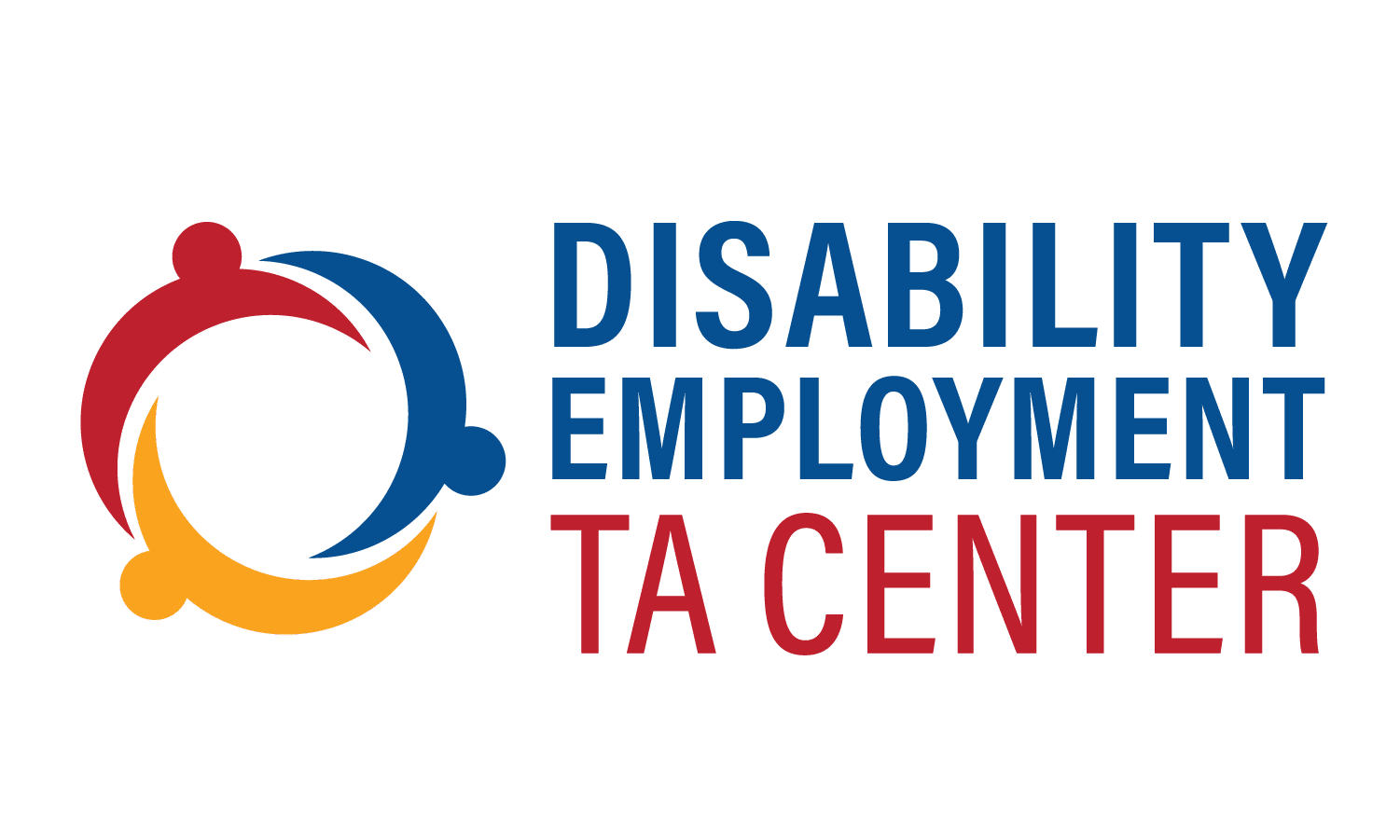Sue Babin, Special Projects Director, Rhode Island (RI) Developmental Disabilities Council (RIDDC) and Project Director, RI’s Self-Employment Business Incubator: The Spirit of Individual Enterprise for People with Disabilities
&
Kate Brady, PhD ABD
August 2022
Self-employment is a critical component of any successful approach to employment supports for people with disabilities. In fact, we have already seen tremendous pockets of success while, on average, most systems treat entrepreneurship as a distant, unlikely possibility. From the Center On Self-Employment we know that in 2018 and 2019 only 1.7% of successful Vocational Rehabilitation (VR) closures for all VR agencies were among individuals exiting in self-employment.
Yet in other communities experiencing poverty, this approach has been recognized as a vital tool for economic development. Micro-enterprise centers, small business development centers, and the Senior Corps of Retired Executives (SCORE) all offer expert guidance in starting hyper local, hyper focused entrepreneurial ventures at a scale any individual, with the right supports and a vision for a business, can pursue.
What is lacking nationally is a combination of imagination and coordination because the resources exist. Federal Workforce Innovation and Opportunity Act (WIOA) policy encourages, even requires, cross agency collaboration of the sort that can weave together funded supports and resources for people with significant disabilities to be self-employed. Those resources, the methods of braiding them together, and a few examples of success are what we will explore in this brief.

